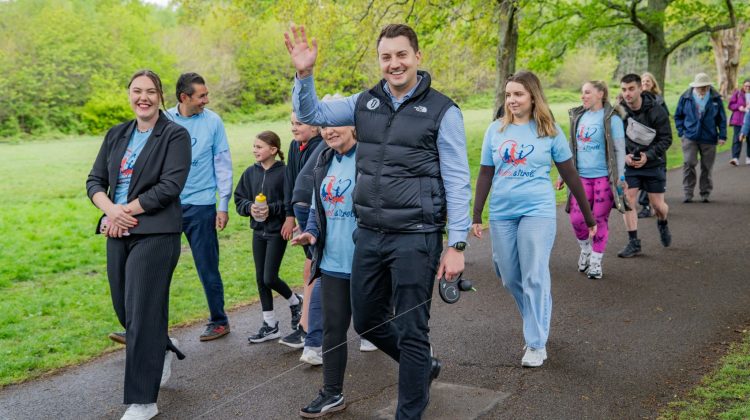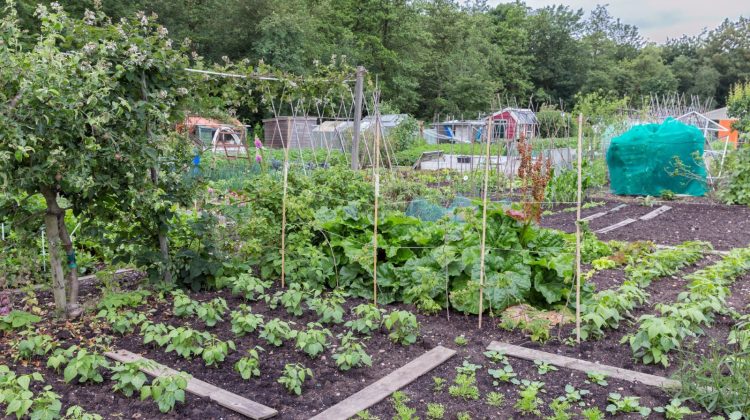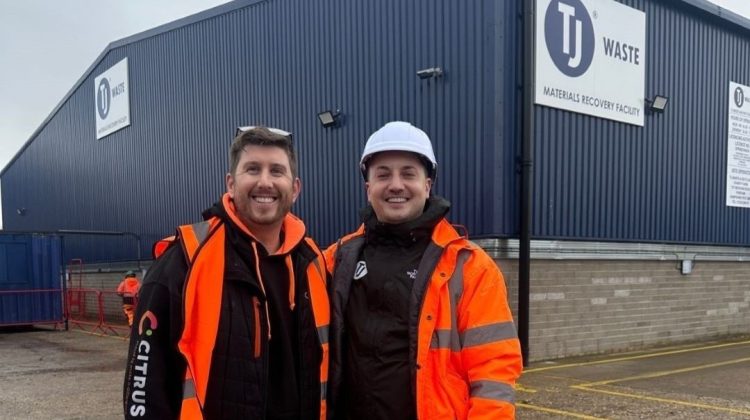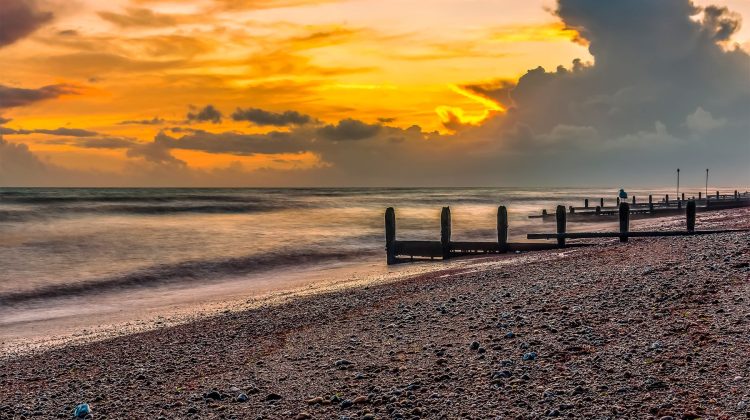Change your stored postcode to update prices for your location.
This week marks Recycle Week 2024 (14-20 October)! Now in its 21st year, it’s the chance to celebrate recycling nationwide and encourage everyone to recycle more of the right things, more often.
Each year the aim of Recycle Week is to encourage and inspire children, families and communities to recycle more. This year’s theme is ‘Rescue Me’, focusing on rescuing recyclable items heading to the rubbish bin. Recycling just one extra item per day will make a huge difference!
Recycle Week is organised by WRAP under the Recycle Now brand. WRAP’s mission is to accelerate the move to a sustainable, resource-efficient economy by re-inventing how we design, produce and sell products, re-thinking how we use and consume products, and re-defining what is possible through reuse and recycling.
WRAP works with governments, businesses and communities to deliver practical solutions to improve resource efficiency and they are world leaders in helping organisations achieve greater resource efficiency.
TJ processes all materials in line with WRAP protocol. TJ has four materials recycling facilities dotted along the south coast at Southampton, Portsmouth and Yapton, where all waste is taken to for sorting and onward recycling. These centres are staffed by experienced operators and drivers to ensure a first-class service.
We recycle up to 100% of the waste that comes through our doors, demonstrating our commitment to diverting waste from landfill. TJ’s extensive knowledge of a range of recycling centres in and outside of Hampshire helps make all this recycling possible. We even encourage drop offs of rubble and hardcore at our Butser Quarry, where we repurpose these materials to make our recycled aggregate, iBlend.
TJ is dedicated to recycling in all its forms; we’re always looking to work with companies that are keen to improve their recycling practices or those that have created innovative new ways to recycle.
Low levels of plastic recycling continues to be one of the biggest concerns in the recycling industry. In recent years TJ has formed partnerships with like-minded organisations to help facilitate plastic recycling and reduce plastic pollution.
The Final Straw Foundation is a charity whose work revolves around highlighting the impact of plastic pollution on our environment, local seas and wider oceans. In the past, TJ has supported them on an ad-hoc basis. We’ve provided free waste removal for several beach cleans as well as emptying their huge plastic bottle bank – a metal fish called Nellie – when no one else would help.
Jude’s Ice Cream are one of TJ’s clients and when TJ established a new recycling process for certain types of plastics, they soon realised that Jude’s unwanted plastic ice cream tubs and offcuts would be ideal for it. The plastic ice cream tubs are made into a new product – pellets – which can be moulded into new plastic products. The latest equipment for recycling plastic materials is used in this recycling process to ensure that the highest quality products are maintained.
In 2020, TJ was pleased to secure a recycling route for mattresses, a product that had proved difficult to recycle in the past. We have a contract with a local organisation to dispose of large numbers of used mattresses each year, making the process easier as well as more eco-friendly.
What can be recycled in your household recycling bin will vary depending on where you live as different local authorities have different recycling facilities. Check what can be recycled in your area. The minimum that can be recycled is usually:
Some areas also offer food, garden and glass waste collection services too, and most residential areas have ‘bring banks’ for glass bottles and jars, and unwanted clothing, which can all be recycled or directed down Energy from Waste routes.
Be sure to only put things in your recycling bin that are recyclable in your area, otherwise you’ll be contributing to recycling contamination.
Find out more about our commercial waste management services, and discover how we can help your business manage its waste, including all types of recycling…




Change your stored postcode to update prices for your location.
Notifications